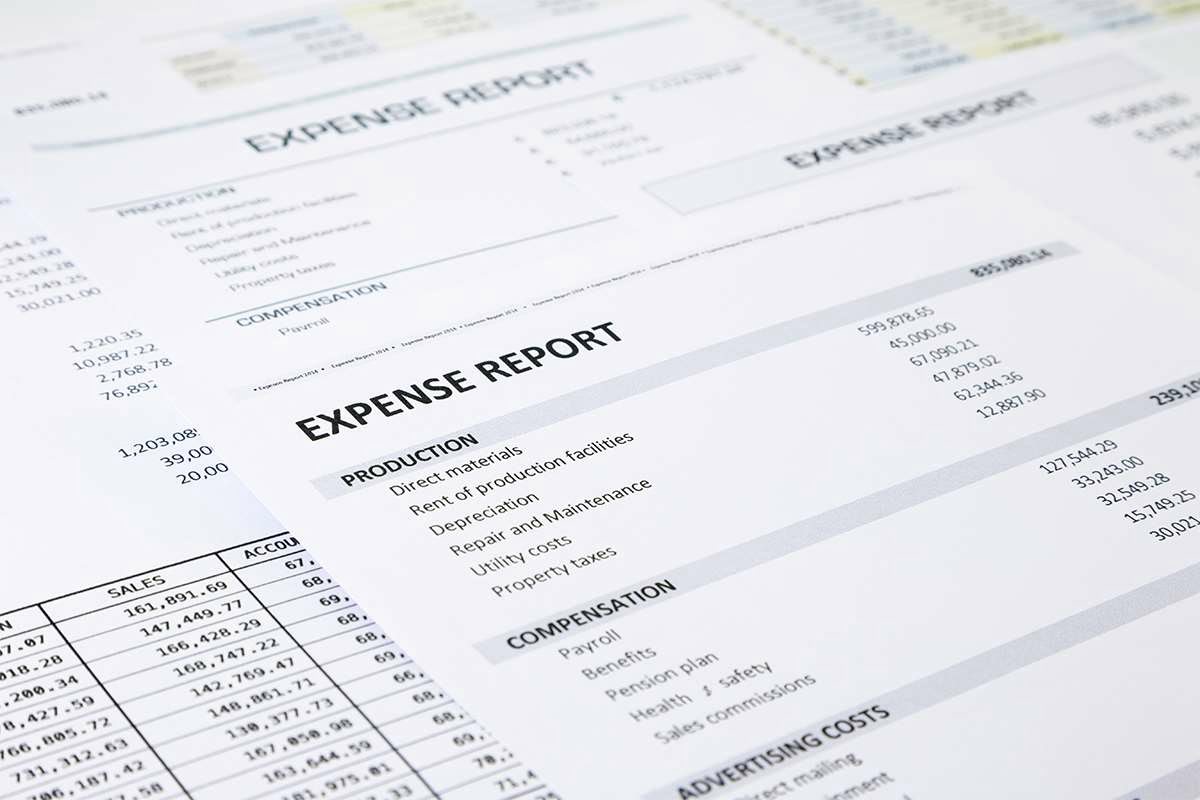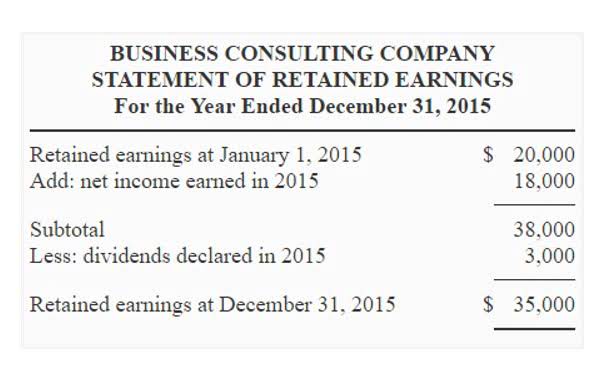Cash Basis Accounting Definition & Example


As a result, a company’s financial statements may not accurately reflect its true financial position, making it difficult to assess its performance. It also allows businesses to make informed decisions accounting about how profitable or successful their company will be at generating future sales based on the transactions that have already occurred. These are some of the major advantages of using the cash accounting method.
- However, companies generally move away from cash basis accounting to an accrual method of accounting after they grow from the initial start-up stage.
- This method makes it easy to keep the unique situation of each sale or bill up to date, making adjustments when each item is satisfied or keeping notes of anything still outstanding.
- Expense deductions under cash basis accounting are recorded when payments are made, aligning expense reporting with cash outflows.
- Public companies need to accurately record transactions and report on their AR and AP accounts so as not to mislead stakeholders.
What is an example of cash accounting?
Accrual accounting includes accounts receivable (A/R) and accounts payable (A/P) in financial statements, which inform you of what payments you will receive and your outstanding bills. This method might help you delay paying income HVAC Bookkeeping tax on earnings until you collect the money — which can be especially helpful for small businesses with tight cash flow. You can also lower your tax burden by pre-paying business expenses in November or December, even though you won’t use those services until the following year. Cash and accrual accounting are two different accounting methods, so it’s good to know how each operates as you decide how to account for your business transactions.

The cash basis method could be misleading
Under the accrual basis accounting method, income is recorded when it is earned and expenses are recorded when they are accrued, regardless of when money comes in or goes out. Accrual basis is the more common method of accounting for larger companies. It’s mandatory for corporations that have gross receipts of $30 million or more in any of the past three years as well as for tax shelters. The choice between cash and accrual accounting can be particularly impactful depending on the industry in which a business operates.
Cash vs. Accrual Method of Accounting
- Under accrual accounting, by contrast, Company A would have recorded the $10,000 sale on October 5, even though no cash had yet changed hands.
- This method allows them to maintain a clear and immediate understanding of their cash flow, which is crucial for managing day-to-day operations.
- If you purchased blank hats and embroidery thread for $300, you would only record the $300 amount once the bills were paid.
- Under the accrual basis accounting method, income is recorded when it is earned and expenses are recorded when they are accrued, regardless of when money comes in or goes out.
- For 2024, small business taxpayers with average annual gross receipts of $30 million or less in the prior three-year period can use it.
- The Tax Cuts and Jobs Act increased the number of small business taxpayers entitled to use the cash basis accounting method.
For instance, a freelance graphic designer using cash basis accounting records income when a client pays an invoice, not when the invoice is sent. This method avoids overestimating available funds based on outstanding receivables and provides an accurate picture of a business’s cash position at any given time. Under this method, the accounts payable and receivable are not accounted for because actual cash does not change hands. Thus, revenue and expense is recognized when cash is paid or received irrespective of whether the goods and services have been provided or not. They are suitable for small businesses which do not have a large number of complex transactions to record. It can also be used by individuals who want to record their personal financial transaction for better money management.

Each method identifies a different set of rules for recognizing revenues and expenses. The accounting method you choose matters, but how do you cash basis accounting know which is best for your business? If you’re not an accountant yourself, it can be tricky to determine whether the cash or accrual accounting methods are better for you. You’ll need to choose one if you’re going to manage your books properly, however, and that’s where this guide comes in. Read on to learn more about each method, how they work and which is most suitable for your business. It is also incorrect to assume that cash basis accounting exempts businesses from regulatory compliance.

